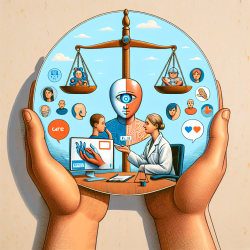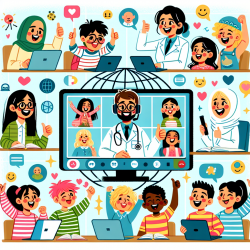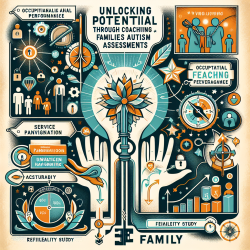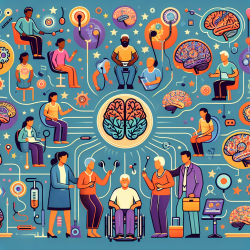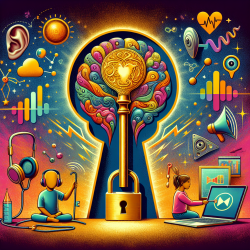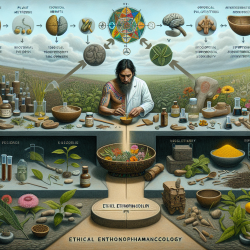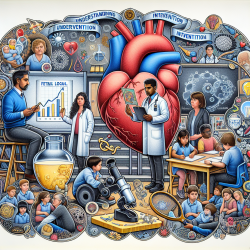Understanding Moral Distance in AI
As practitioners in the field of online therapy, particularly those working with children, understanding the implications of artificial intelligence (AI) on decision-making is crucial. The research paper "Moral Distance, AI, and the Ethics of Care" provides valuable insights into how AI can create moral distance, which can lead to less ethical decisions. This moral distance arises when decision-making processes are automated, reducing face-to-face interactions and making the process opaque and difficult to understand.
Proximity and Bureaucratic Distance
The paper identifies two main types of moral distance: proximity distance and bureaucratic distance. Proximity distance refers to the physical, temporal, and cultural separation that AI can create, while bureaucratic distance involves the hierarchical and complex processes that obscure accountability. Both types of distance can lead to decisions that do not fully consider the ethical implications for those affected.
Implementing the Ethics of Care
To address these challenges, the authors propose the ethics of care as a moral framework. This approach emphasizes understanding the context, interdependence, and vulnerabilities of individuals affected by AI decisions. For practitioners, this means:
- Interdependent Relationships: Recognizing that decisions impact a network of relationships and ensuring that AI models reflect this interconnectedness.
- Context and Circumstances: Considering the specific context and circumstances of each individual, rather than relying solely on data-driven decisions.
- Vulnerability: Acknowledging and addressing the vulnerabilities of those impacted by AI, ensuring that decisions do not exacerbate existing disadvantages.
- Voice: Ensuring that the voices of all stakeholders, especially marginalized ones, are heard and considered in the decision-making process.
Encouraging Further Research
For practitioners looking to improve their skills, engaging with the ethics of care can provide a more holistic approach to decision-making in the context of AI. It encourages a deeper understanding of the ethical implications of technology and promotes more compassionate and informed decisions.
To read the original research paper, please follow this link: Moral distance, AI, and the ethics of care.
